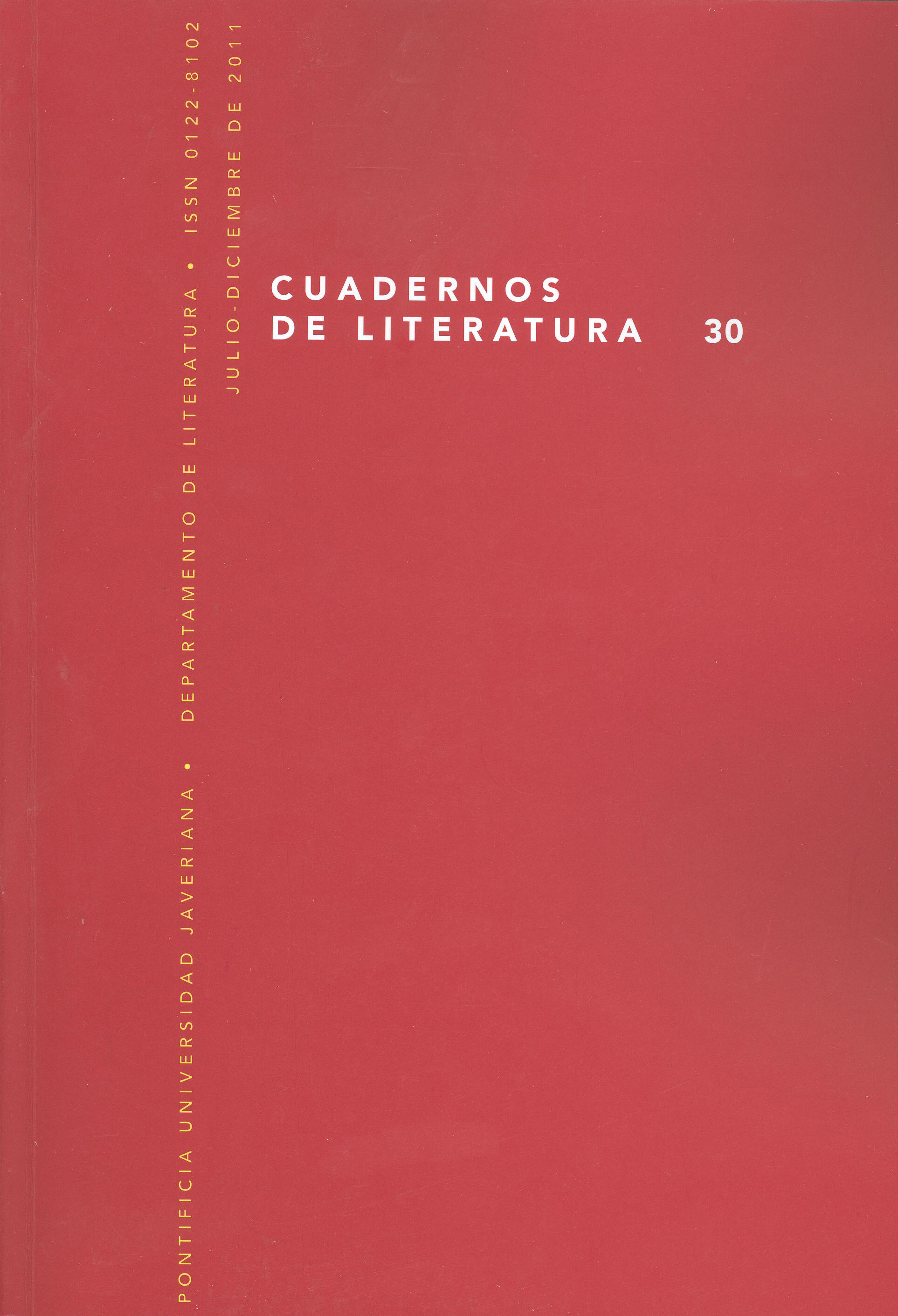Abstract
En las Antillas holandesas –en las islas de Aruba, Bonaire y Curazao– se habla un criollo auténtico: el papiamento. Desde los tiempos de la abolición de la esclavitud (1863) han sido publicados textos en esta lengua. Entre éstos se encuentran historias y cuentos, poemas, composiciones poéticas de ocasión, ensayos, novelas, panfletos, canciones y diálogos teatrales que, con una recepción entusiasta, fueron o han sido etiquetados como “literatura”. Estos textos literarios testimonian cómo la gente se veía a sí misma y a los demás isleños de los distintos grupos étnicos, cómo veían su pasado fragmentado, los nuevos acontecimientos e ideales prometedores, a los forasteros que visitaban la isla, al mundo exterior en general y a su patria (en particular, los Países Bajos). Este artículo brinda un panorama general para familiarizarse con esos textos que son reflejos de reflexiones de una diversidad innata de fuertes pareceres e ideologías.Cuadernos de Literatura is registered under a Creative Commons Attribution 4.0 International Public License. Thus, this work may be reproduced, distributed, and publicly shared in digital format, as long as the names of the authors and Pontificia Universidad Javeriana are acknowledged. Others are allowed to quote, adapt, transform, auto-archive, republish, and create based on this material, for any purpose (even commercial ones), provided the authorship is duly acknowledged, a link to the original work is provided, and it is specified if changes have been made. Pontificia Universidad Javeriana does not hold the rights of published works and the authors are solely responsible for the contents of their works; they keep the moral, intellectual, privacy, and publicity rights.
Approving the intervention of the work (review, copy-editing, translation, layout) and the following outreach, are granted through an use license and not through an assignment of rights. This means the journal and Pontificia Universidad Javeriana cannot be held responsible for any ethical malpractice by the authors. As a consequence of the protection granted by the use license, the journal is not required to publish recantations or modify information already published, unless the errata stems from the editorial management process. Publishing contents in this journal does not generate royalties for contributors.


